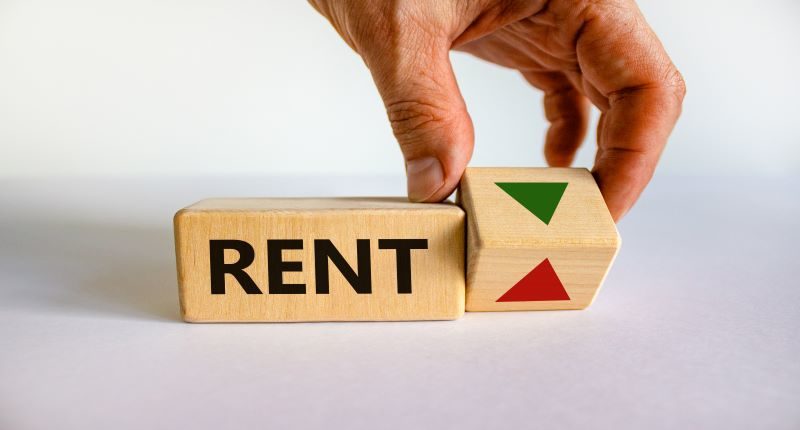- National rental vacancy rate lowest in a decade
- Sydney vacancy rate trending down towards undersupply
- Asking rents are on the rise as more demand than supply
With each passing day, we are all becoming better at moving on from the pandemic, including the upheaval that, back then, seemed inevitable on our property markets.
In March last year, the real estate sector was shuttered as we were all ordered to stay in our homes, for what turned out to be a long time for those of us in Sydney and Melbourne.
However, the doomsday predictions when it came to property prices never came to pass – in fact, the opposite of those dire forecasts came true – with markets experiencing extraordinarily strong conditions around the nation over the past year.
Depending on the location, rental markets were more impacted by the lockdowns and closed borders, mainly due to the halting of overseas migration as well as international students.
Nowhere was this more obvious than in Sydney’s central city, where vacancy rates soared, and are only starting to recover, albeit still at 7.5 per cent, which is an indicator of more supply than demand.
That’s one of the many reasons why we always stay away from units in the central city, as well as the fact that they are generally cookie-cutter in design and underwhelming in performance.
Tenant considerations
Regardless of the location, the latest SQM Research is showing an improving rental market nationally with vacancy rates falling again in November, predominantly led by improvements in Sydney and Melbourne.
The national vacancy rate was 1.6 per cent – the lowest in a decade – but it is individual cities where rental market metrics are the most important.
In Sydney, the vacancy rate is now 2.6 per cent, down from 3.6 per cent, last year. While in Melbourne it is 3.3 per cent, down from 4.4 per cent, in October last year, according to SQM Research.
So, with vacancy rates falling, some landlords are starting to increase rents in-line with these better market conditions.
In fact, the weekly asking rent for houses in Sydney is up 12.2 per cent over the past year and has increased four per cent for units over the same period.
Sydney
Savvy property investors always ensure that their properties are achieving market rent wherever possible.
There are a number of reasons for this, including the fact that it is easier to keep rents in-line with the market by making small incremental changes, rather than letting it fall so far behind that it becomes unfair to the tenant to try to play catch-up in one or two hits.
Of course, achieving market rent also improves every investor’s cash flow, which makes holding the property over the long-term easier.
However, it’s also a good idea to reward long-term tenants who look after the property and treat it like their home.
Now, I’m not suggesting never increasing the rent, rather, even when market conditions are strong, having a good tenant in-situ in your property, who is also paying close to market rent, will be better for your cash position in the long run.
That is, finding new tenants takes time and money, with a vacancy period of a week or two eating into any potential extra cash an investor thought they might achieve by ramping up the rent significantly and finding the tenants chose to move out instead.








